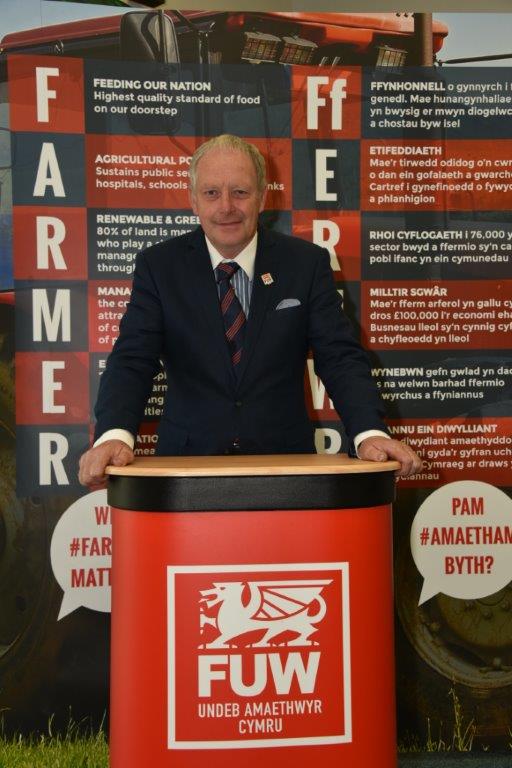 Government moves aimed at tackling problems caused by diesel pollution should be targeted at improving technology and areas where problems exist, rather than a broad brush approach that penalises rural communities, the Farmers’ Union of Wales has said.
Government moves aimed at tackling problems caused by diesel pollution should be targeted at improving technology and areas where problems exist, rather than a broad brush approach that penalises rural communities, the Farmers’ Union of Wales has said.
The FUW Land Use, Livestock and Hill Farming Committees agreed in separate meetings that problems identified by health experts in areas of high diesel engine use should be recognised and addressed.
“However, it’s important communities in rural areas, where individuals and businesses have no alternatives to diesel powered vehicles due to difficult terrain, harsh weather and similar problems, are not caught in the crossfire of moves aimed at tackling localised problems,” said FUW Deputy President Brian Thomas.
Ministers have identified 81 major roads in 17 towns and cities where urgent action is required to tackle air pollution in order to tackle human health problems. Despite the problem areas being concentrated in urban and city areas, many have speculated that the UK Government plans to change the tax status of all diesel cars, and could announce tax increases in the Budget this autumn.
“Any blanket moves which include those in areas reliant on diesel where there are no alternatives would not only be unfair, but would fail to properly target problem areas.
“It could also effectively mean a back-door tax on rural communities where there is often no choice but to use diesel powered vehicles and no problems exist,”said Mr Thomas.
Mr Thomas said that moves which targeted problem areas and improved technology to make diesel cleaner had to be the way forward.
“Given the potential for diesel production from renewable sources to be increased alongside the development of other greener technologies, blanket moves which target diesel vehicles would be extremely short-sighted and a backwards step,” he added.


